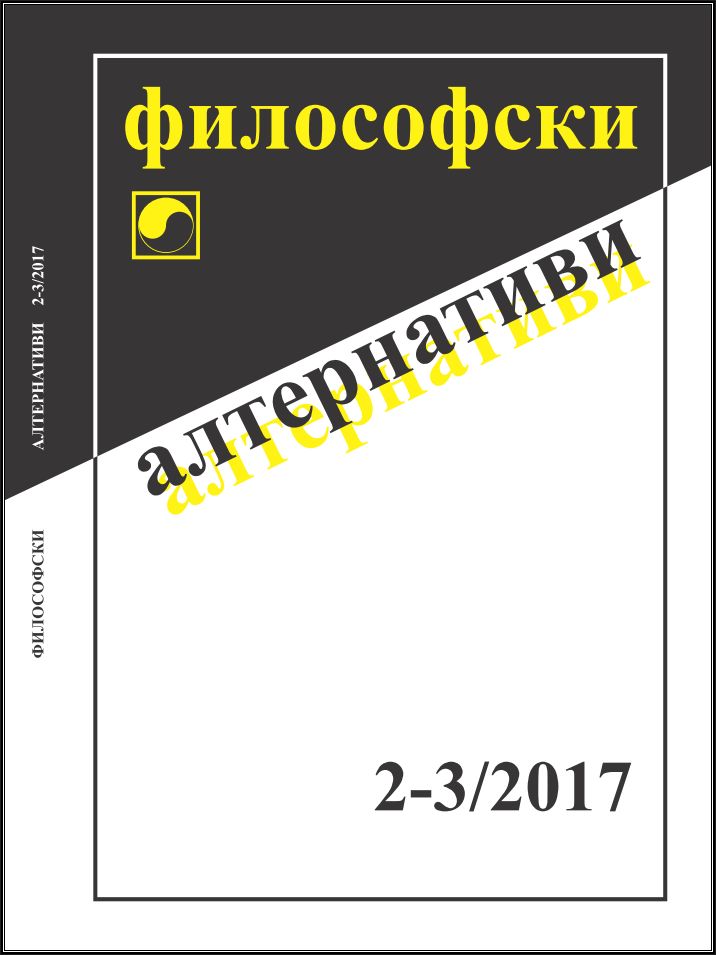Модалност и индивидуалност – за свободата като субстанция на индивида у Лайбниц
Modality and Individuality: On Freedom as the Substance of the Individual in Leibniz
Author(s): Kosta BenchevSubject(s): Philosophy, History of Philosophy, Philosophical Traditions, Metaphysics
Published by: Институт по философия и социология при БАН
Keywords: Leibniz; modalities; individual; monads; monadology; free will; freedom; relations; simples; wholes'; parts
Summary/Abstract: Based on the presence of a few genuinely Leibnizean themes in the post-anti-metaphysical situation of contemporary philosophy, this article tries to establish a connection between notions such as “being”, “perception” and “freedom” through the prism of a modal approach to ontology. A series of short writings by Leibniz, scattered through all periods of his thought, are closely read here. The principle of sufficient reason (determining the uniqueness of each and every thing) is seen as responsible for a potential coincidence of the usual modal concepts, which is the only way for humans to make their risky choices between being free-and-correct and being free-and-mistaken in their behavior. Since, according to the Leibnizian perspective of “monads”, persons are understood as “individuals”, it follows that individuals must turn attention to “simplicity” both within and outside themselves; the acting agents are viewed as objects of themselves, having no “parts” but rather participating in “relations” that are constituted within a void (which does not really exist according to Leibniz) and a continuum (in the metaphysical sense of the two terms). If we see that this position corresponds to the tension that exists between the urges or the nature of a creator who is to be conceived of in the traditional onto-theological manner, the conclusion we draw is that the only difference between humans and the Christian God of Leibniz is that the latter disposes of more power, energy and dynamics than the former, due to the “fact” that humans are only “images” (but not parts) of the “absolute”. Along the line of this attempt at a concise but systematic survey of Leibniz’s modal approach to matters of morality within the German mystical tradition, the article also offers relevant interpretations on the topic, coming from diverse philosophical perspectives (Russell, Heidegger, Deleuze, Harman, etc.) and from recent debates.
Journal: Философски алтернативи
- Issue Year: XXVI/2017
- Issue No: 2-3
- Page Range: 156-175
- Page Count: 20
- Language: Bulgarian
- Content File-PDF

